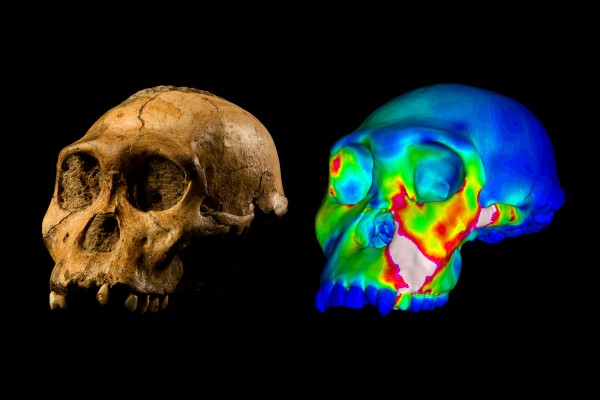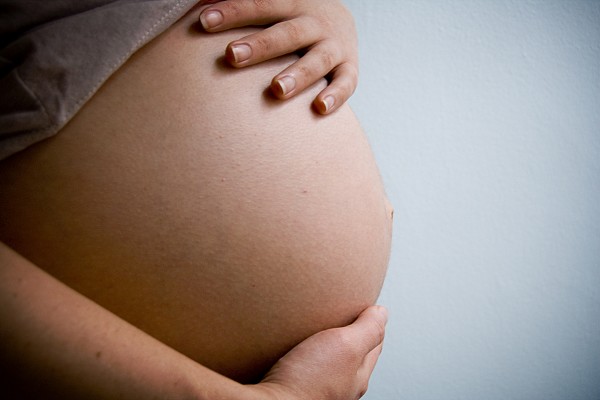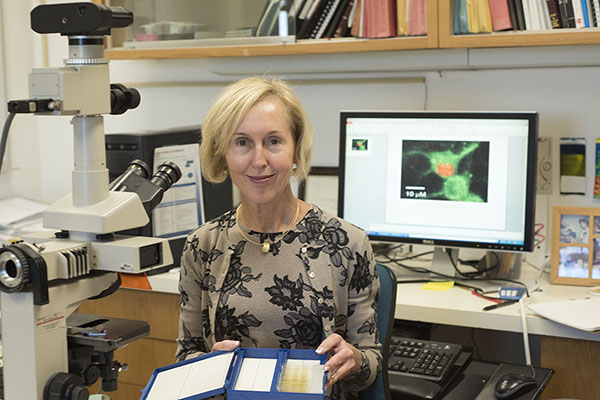The jaws of a nutcracker? Not this human ancestor
Anthropologists from Washington University in St. Louis are among an international research team that found Australopithecus sediba did not have the jaw and tooth structure necessary to exist on a steady diet of hard foods. The findings are contrary to a 2012 study that gained international attention.
Shen to talk about cybersecurity in U.S.-China relations
Dingli Shen, professor of international relations at Fudan University and vice dean of Fudan University’s Institute of International Studies, will present the Cabot Corporation-Xinsheng Zhang Lecture on “Cybersecurity in U.S.-China Relations,” Monday, Feb. 8, in the Clark-Fox Forum in Hillman Hall.
Washington University ‘Memory Hackers’ featured on PBS/NOVA
An upcoming broadcast of NOVA called “Memory Hackers,” airs Wednesday, Feb. 10, and will explore the cutting edge frontiers of human memory. Washington University in St. Louis scientists are featured in the show.
Record Missouri flood manmade calamity
Why was the New Year’s flood in Missouri so bad? Most news reports blamed it on the heavy rain, but Robert Criss, PhD, professor of earth and planetary sciences in Arts & Sciences at Washington University in St. Louis says analysis of the flood data shows much of the damage was due to recent modifications to the river.
Fail Better: Kierstan Carter
Civic Scholar Kierstan Carter wanted to change St. Louis by connecting high school students with community leaders. But when that idea flopped, Carter moved on to Plan B: changing herself.
Washington University and United Way join forces on gun violence prevention
Washington University in St. Louis and the United Way of Greater St. Louis have formed a joint partnership that aims to provide support and resources to local initiatives that are uniting in their efforts to combat gun violence in the region.
New tool to prevent infection after C-section
A new study from Washington University School of Medicine in St. Louis offers strong guidance on the best way to reduce the infection risk. Rather than prepping patients with iodine-alcohol — a common antiseptic combination in C-sections — the research indicates that chlorhexidine-alcohol is significantly more effective.
Scientists more effectively control pain by targeting nerve cell’s interior
In real estate, location is key. It now seems the same concept holds true when it comes to stopping pain. New research co-led by the School of Medicine indicates the location of receptors that transmit pain signals is important in how big or small a pain signal will be and how effectively drugs can block those signals.
Power & Precision: Lunar New Year debuts sword dancing
Traditional Chinese sword dancing debuts this weekend at the annual Lunar New Year Festival at Edison Theatre on the campus of Washington University in St. Louis. “The swords only look dangerous,” says junior Sarah Lin, noting the dance’s combination of grace and power.
Eliot Trio in concert Feb. 19
Three of St. Louis’ most prominent musicians will perform works by Haydn, Saint-Saëns and Arensky Feb. 19 when Washington University’s Eliot Trio presents its annual concert in Holmes Lounge.
View More Stories









